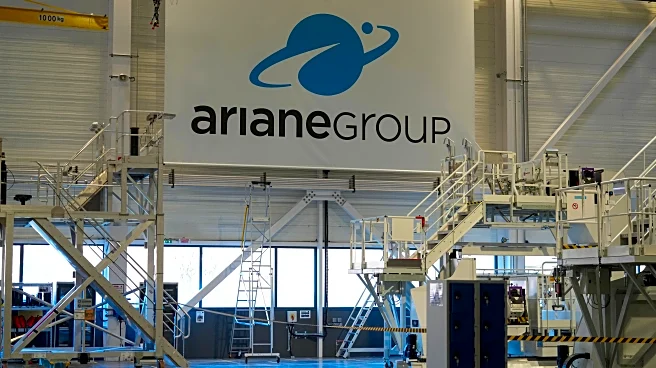What's Happening?
Three major cybersecurity vendors, Microsoft, SentinelOne, and Palo Alto Networks, have decided not to participate in the 2025 MITRE Engenuity ATT&CK Evaluations. This annual test assesses endpoint detection and response (EDR) solutions. Microsoft announced its withdrawal in June, citing a focus on product innovation and the Secure Future Initiative. SentinelOne and Palo Alto Networks followed suit in September, emphasizing their commitment to prioritizing product development and addressing customer security challenges. These decisions have raised questions about the future and relevance of the MITRE evaluations, which have been a standard in the cybersecurity industry since their inception in 2019.
Why It's Important?
The withdrawal of these key players from the MITRE evaluations could have significant implications for the cybersecurity industry. The evaluations are considered a benchmark for assessing the effectiveness of EDR solutions against real-world cyber threats. The absence of major vendors may lead to a shift in how these tests are perceived, potentially diminishing their influence as a standard measure of cybersecurity capabilities. This move might also reflect broader industry trends, where companies prioritize direct product innovation over participation in standardized tests. The decision could impact how cybersecurity solutions are marketed and evaluated, affecting both vendors and consumers.
What's Next?
MITRE plans to re-establish its vendor forum for the 2026 evaluations, aiming to better align the test objectives with industry needs. This initiative may help address concerns about the tests becoming overly complex and resource-intensive. The forum could facilitate collaboration between MITRE and cybersecurity vendors, ensuring the evaluations remain relevant and beneficial. Meanwhile, other vendors continue to participate in the 2025 edition, and the results are expected in December. The industry will be watching closely to see how these developments influence future cybersecurity testing and innovation.
Beyond the Headlines
The decision by these vendors to withdraw from the MITRE evaluations highlights a potential shift in the cybersecurity landscape. It raises questions about the balance between rigorous testing and practical product development. The move may also reflect a growing sentiment that such evaluations have become more about public relations than genuine security improvements. This could lead to a reevaluation of how cybersecurity solutions are benchmarked and the role of standardized tests in driving industry progress.












